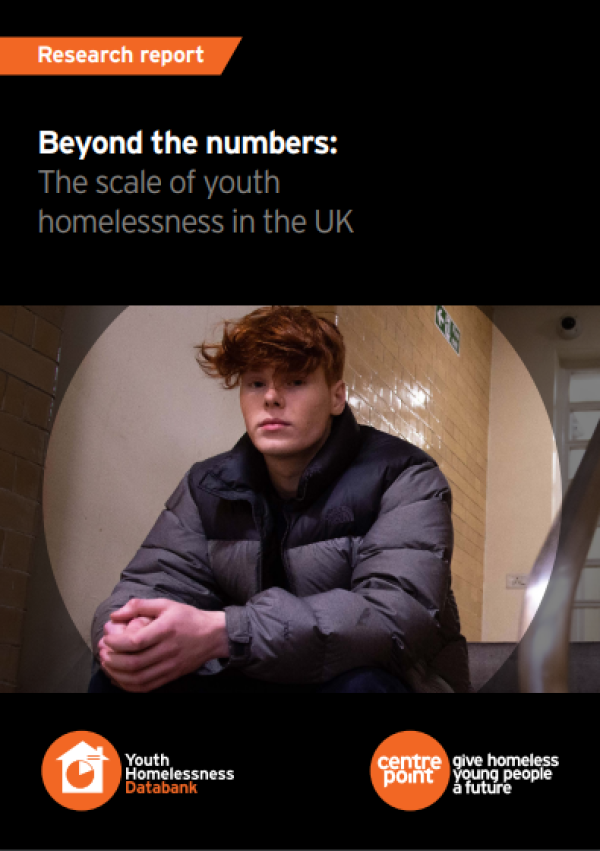An estimated 121,000 young people in the UK asked the council for help with homelessness in 2019-20. However, it is worth bearing in mind that not everyone reaches the council for help and many more 16-24-year-olds are hidden homeless. This is particularly worrying considering that youth homelessness was already rising before the pandemic hit.
Since the Homelessness Reduction Act came into force in England in 2018, everyone experiencing or at risk of homelessness should receive an assessment and support to prevent or relieve their homelessness.
Of the young people who receive support to relieve homelessness only 36% secure accommodation, which is considerably less than the general population. Factors affecting youth homelessness go beyond the support provided by councils, including limited and inappropriate housing stock, scarce and insecure employment opportunities, as well as limited social security support for under-25s.
Almost half of the councils still plan to make changes in order to implement the law fully. Due to a rise in homelessness during the pandemic, the Government must now urgently provide the funding and support required to reach every young person facing homelessness.
Three ways the government can end youth homelessness:
- Establish a multiple-year financial settlement to help councils carry out their duties under the Homelessness Reduction Act.
- Launch a national online information hub that provides clear advice on how to seek help for homelessness.
- Local councils should be allowed to fast-track extremely vulnerable young people at the initial homeless assessment.
Learn more in their new report: Beyond the Numbers: The Scale of Youth Homelessness in The UK.
















